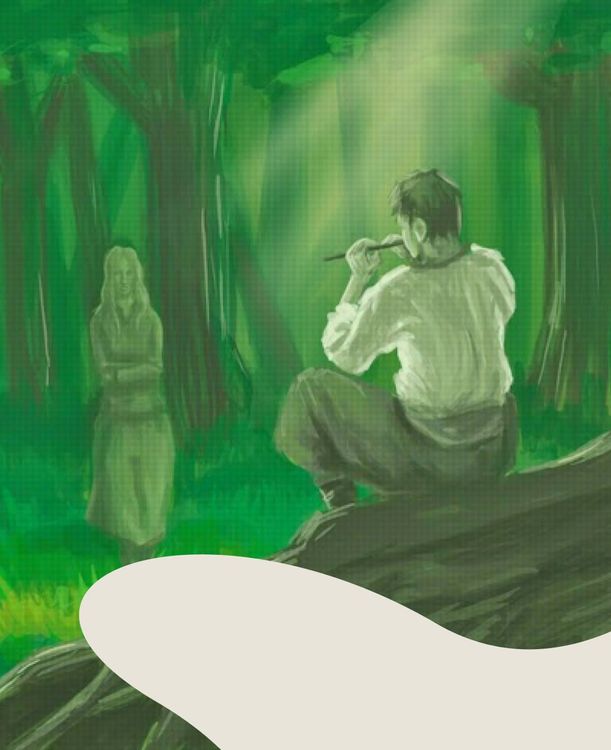“Smilyvi zavzhdy maiut shchastia” (“The brave always have happiness”)

Like a refrain, the characters of The Hunters and the Hunted, a Ukrainian novel by Ivan Bahrianyi (also translated into English as Tiger Trappers) repeat this phrase as the plot unfolds. The quote is also a symbolic motto for thousands of Ukrainians who were exiled to Siberia by the Soviet authorities again and again.
1944
Fonts:
Gnit
Designer:
The protagonist of the novel, Hryhorii Mnohohrishnyi, jumps out of a moving train that is taking him to Siberia for 25 years of exile. Hryhorii is the great-grandson of Hetman Demian Mnohohrishnyi, who had also been exiled by the Russian authorities more than 100 years earlier.
Bahrianyi emphasizes the continuity of their love for freedom and uses the heroes’ story to tell the readers about his own exile to Siberia.
Like many representatives of the intelligentsia of that time, Ukrainian writer Ivan Bahrianyi was persecuted by the Soviet authorities for his patriotic stance. He was arrested for the first time in 1932. Bahrianyi spent 11 months in solitary confinement, and then was sentenced to three years of exile in the Far East.
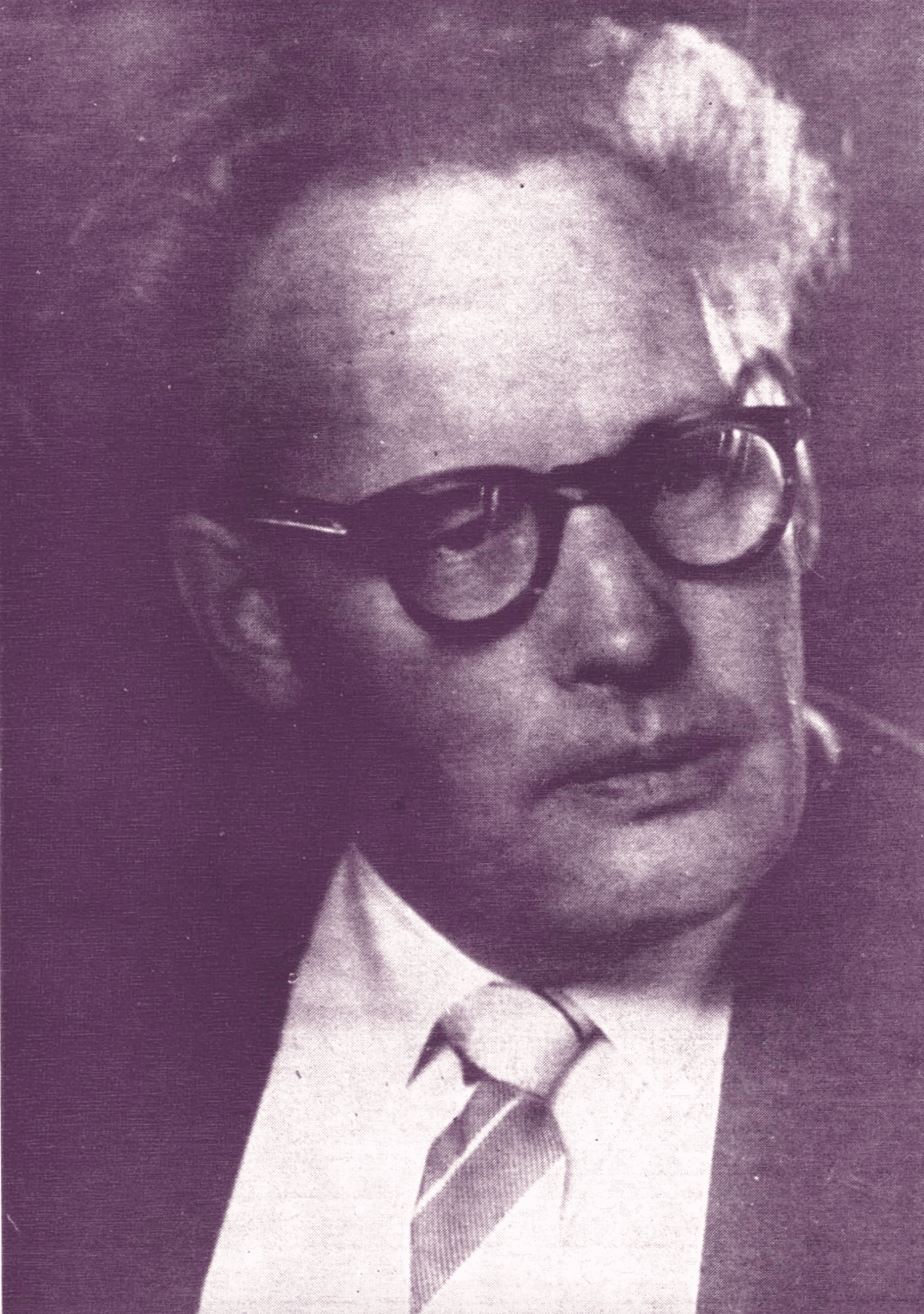
Just like the hero of his novel, the writer tried to escape, but unlike him, failed and received an additional three years for the escape attempt.
A careful reader might object, “Seems like the brave don't always have happiness?”
In fact, Bahrianyi’s fate proved the claim to be true. During the Second World War, the writer moved from Kharkiv in the East to Galicia in Western Ukraine to join the Ukrainian underground. From there, in 1945, he emigrated to Germany and published his novel The Hunters and the Hunted.
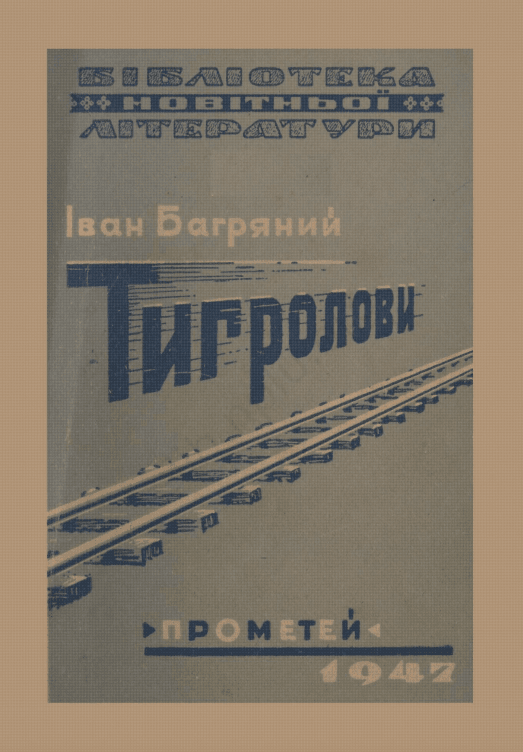
Even in emigration, Bahrianyi did not forget the problem of constant arrests in the Soviet Union. In 1946, he wrote a pamphlet titled “Why I don’t want to return to the USSR.” The work gained great publicity and became one of the documents that changed the attitude towards “displaced persons” in the West.
The terror of the Soviets did not cease until the collapse of the USSR. The archival materials of the Security Service of Ukraine (SBU) disclose that, from 1927 to 1990, more than one million people were arrested in Ukraine, of whom 545 thousand were convicted, and at least 140 thousand were shot. The repressive policies were the most brutal during the years 1930-1953, when Joseph Stalin was personally in charge.
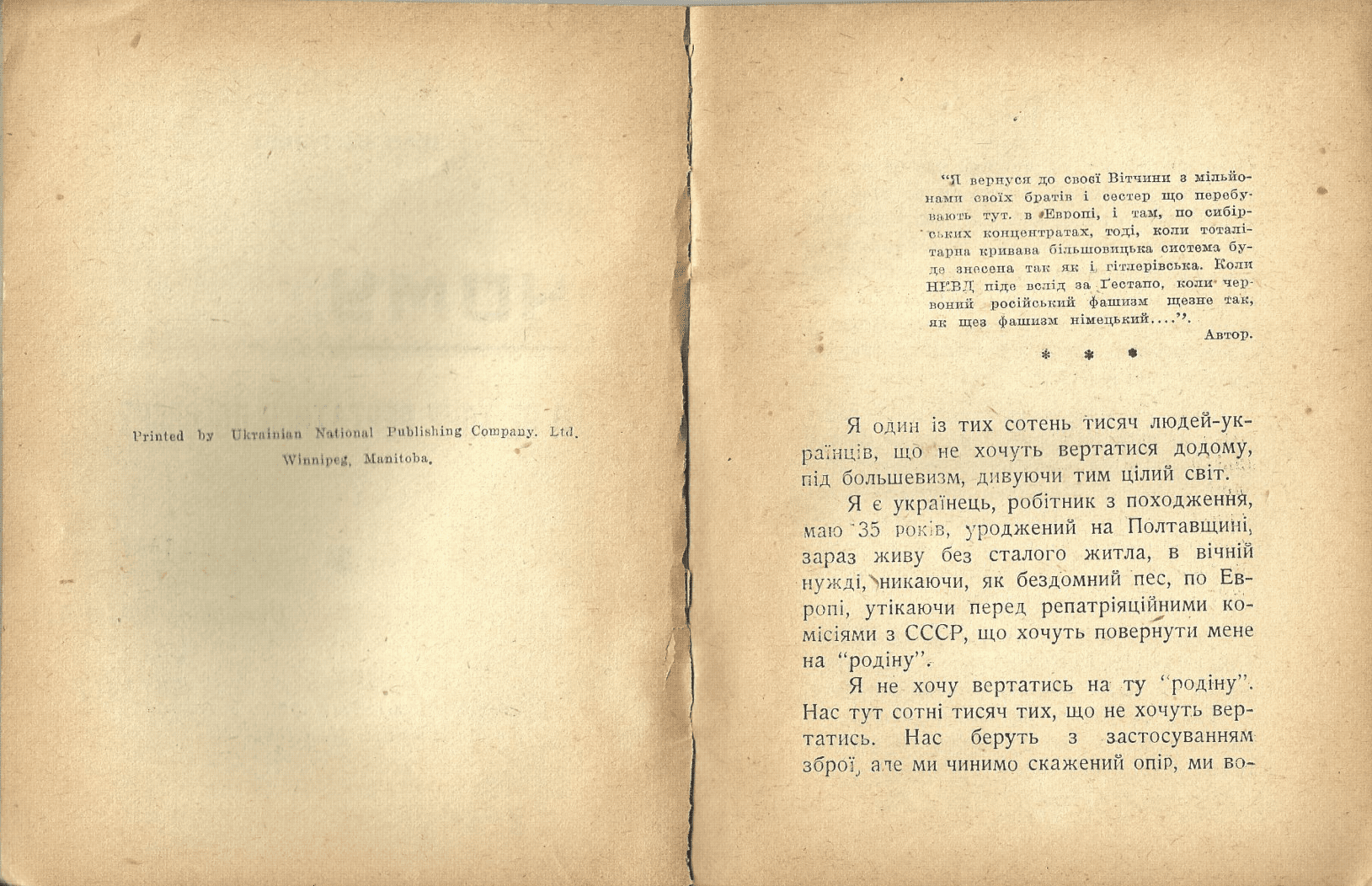
After Ukraine gained independence in 1991, a significant number of people repressed by the communist totalitarian regime were rehabilitated.
However, it is just a small percentage of all the victims of repression in Ukraine.
Fonts:
Gnit
Details:
“Smilyvi zavzhdy maiut shchastia” (“The brave always have happiness”)
Designer:
About font:
Next letter and event

“Smilyvi zavzhdy maiut shchastia” (“The brave always have happiness”)
this project
in social
“Shchedryk” (The Little Swallow)

Budynok “Slovo” (The Slovo Building, or "The Word")
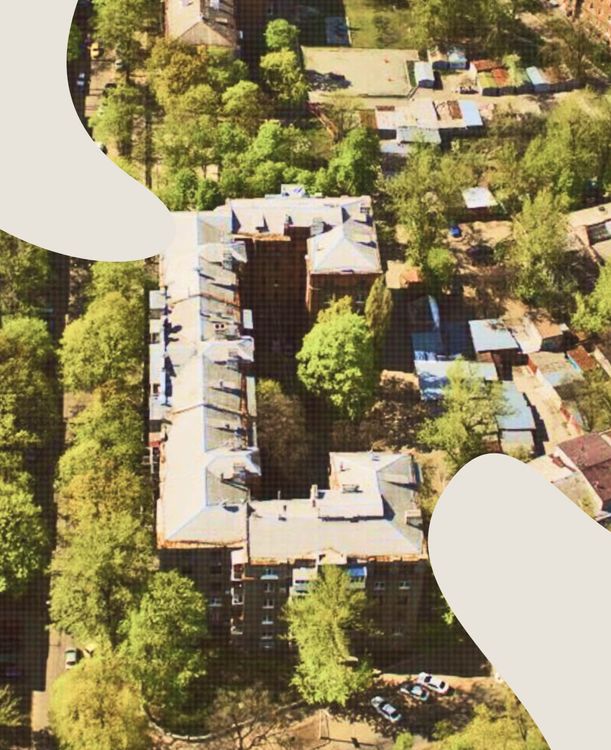
“Yak umru to pokhovaite...” (When I am dead, bury me...)


Aeneid by Ivan Kotliarevsky
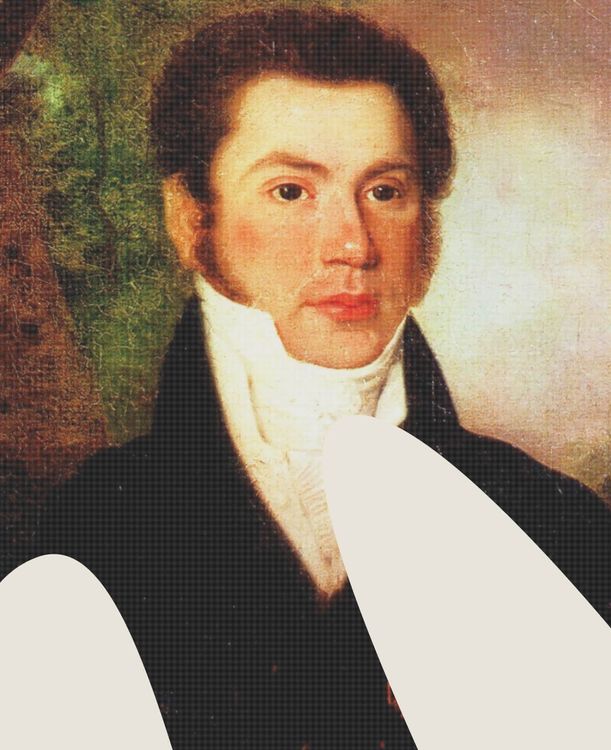
Peresopnytske Yevanheliie (The Peresopnytsia Gospel)


Falz-Fein and his “Askania Nova”

Zaporizka Sich (The Zaporizhian Host)

Georgiy Gongadze


Aeneid by Ivan Kotliarevsky


Danylo Halytskyi

Zaporizka Sich (The Zaporizhian Host)

Mariupol

Kvitka Cisyk (Kasey Cisyk)

“Yoi, nai bude!” (Ah, let it be!)


Shliakh iz variah u hreky (Route from the Varangians to the Greeks)

Creative & Tech Online Institute
Медіа про дизайн, креатив і тех індустрії

Ukrainski sichovi striltsi (The Ukrainian Sich Riflemen, or the USS)

Georgiy Gongadze

Yuzivka

Antonov AN-225 Mriya ("The Dream")
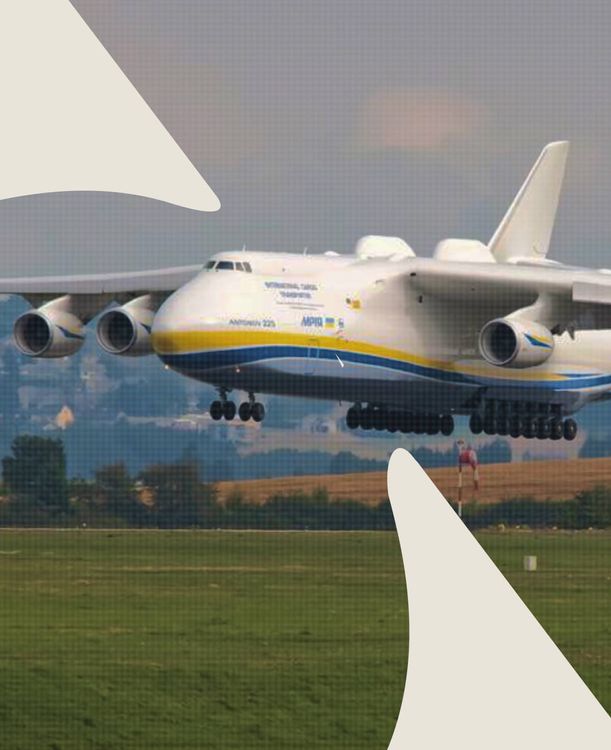

Falz-Fein and his “Askania Nova”

Holodomor

Yizhak protytankovyi (Czech hedgehog)


Aeneid by Ivan Kotliarevsky

Antonov AN-225 Mriya ("The Dream")

Ivan Franko

Peresopnytske Yevanheliie (The Peresopnytsia Gospel)


Falz-Fein and his “Askania Nova”

Crimean Tatars, Karaites and Krymchaks (qırımlılar, qaraylar)

“Yoi, nai bude!” (Ah, let it be!)

Chornobyl Disaster

